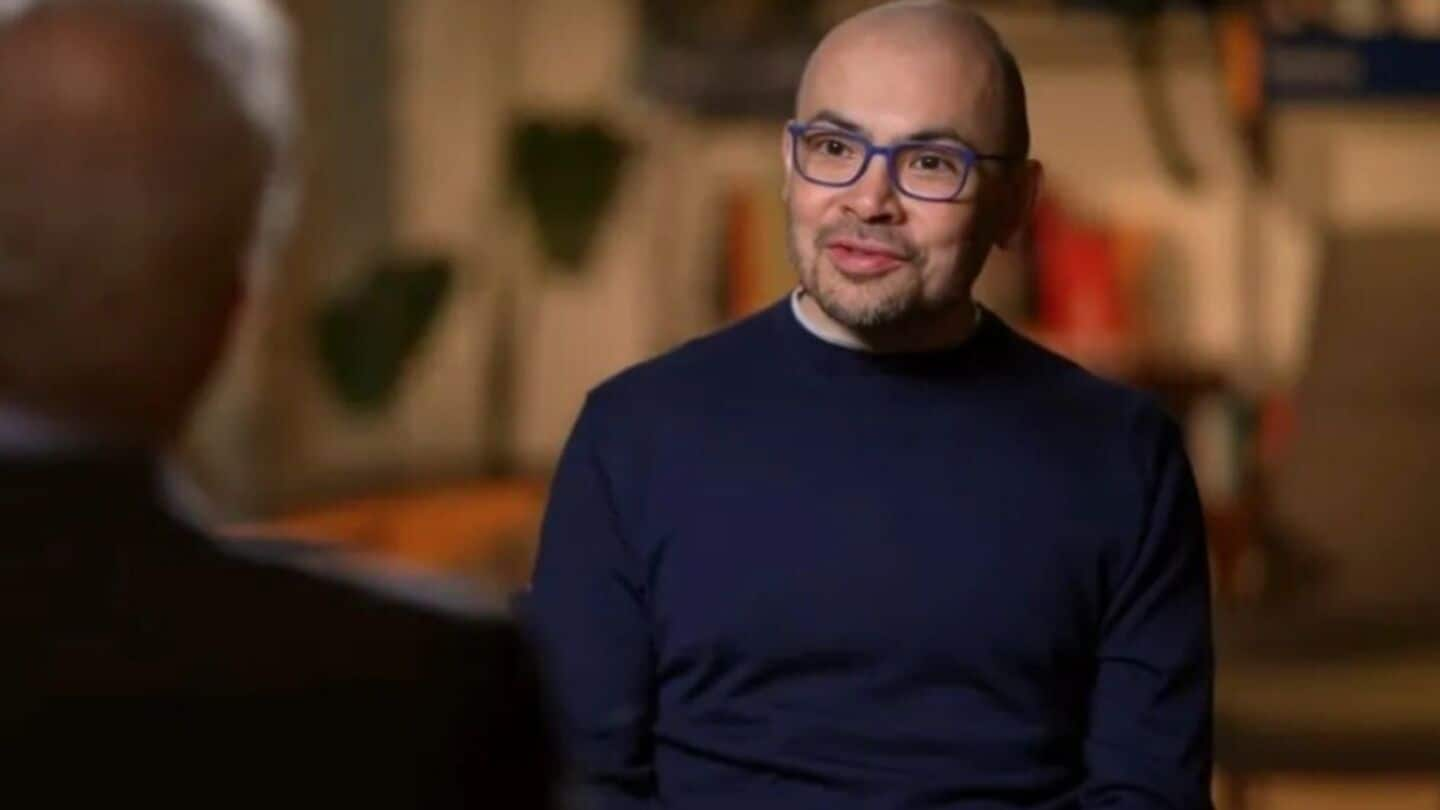
Teens should embrace AI for future jobs: Google DeepMind CEO
What's the story
Demis Hassabis, the CEO of Google DeepMind, has stressed the need for teenagers to learn artificial intelligence (AI). He emphasized that understanding AI is crucial for thriving in a future increasingly shaped by intelligent machines. Speaking on the tech podcast Hard Fork, Hassabis called generative AI the defining technological force for today's youth, just like the internet and smartphones were for the previous generations.
Job evolution
AI's impact on future job landscape
Hassabis predicts that generative AI will disrupt certain jobs in the next five to 10 years, but also create new ones. "Over the next 5 to 10 years... some jobs get disrupted. But new, more valuable...jobs get created," he said. This perspective highlights the dual nature of technological advancements and their potential impact on employment opportunities.
AI familiarity
Encouraging teens to embrace AI tools
In his discussion, Hassabis urged young people to get familiar with AI tools and concepts sooner than later. He said, "Whatever happens with these AI tools...you'll be better off understanding how they work." This call to action encourages teens not just to learn about these technologies but also understand how they work and what they could do with them.
Skill development
Hassabis advocates for a balanced skill set
However, Hassabis believes being tech-savvy isn't enough. He stressed on the importance of a strong STEM (Science, Technology, Engineering, and Mathematics) foundation, especially in coding. Along with that, he also highlighted the need for broader "meta skills" like creativity and adaptability. These skills are critical to navigate constant change and thrive in an AI-driven future.
Skill balance
Balance between hard skills and cognitive agility
Hassabis noted that while hard skills are important, a lot of them are now being done more efficiently by machines. He advised students to focus on flexibility and cognitive agility, traits that would be difficult for AI to replicate. "This capability...is more durable and valuable than specific hard skills, which may quickly become outdated in the face of technological advancement," he explained.